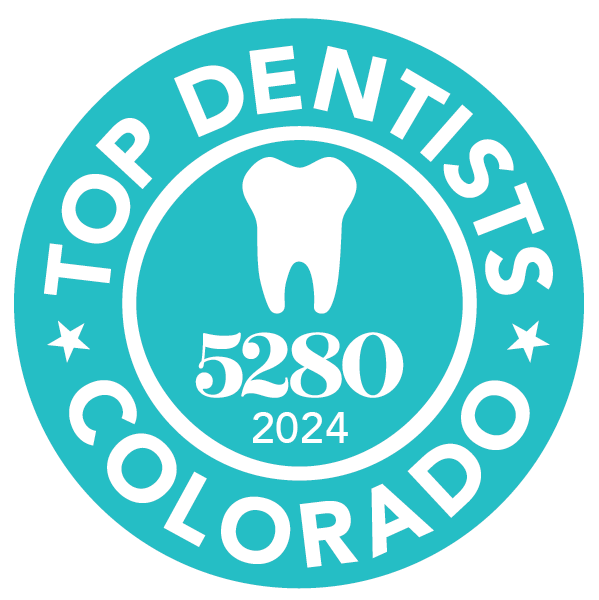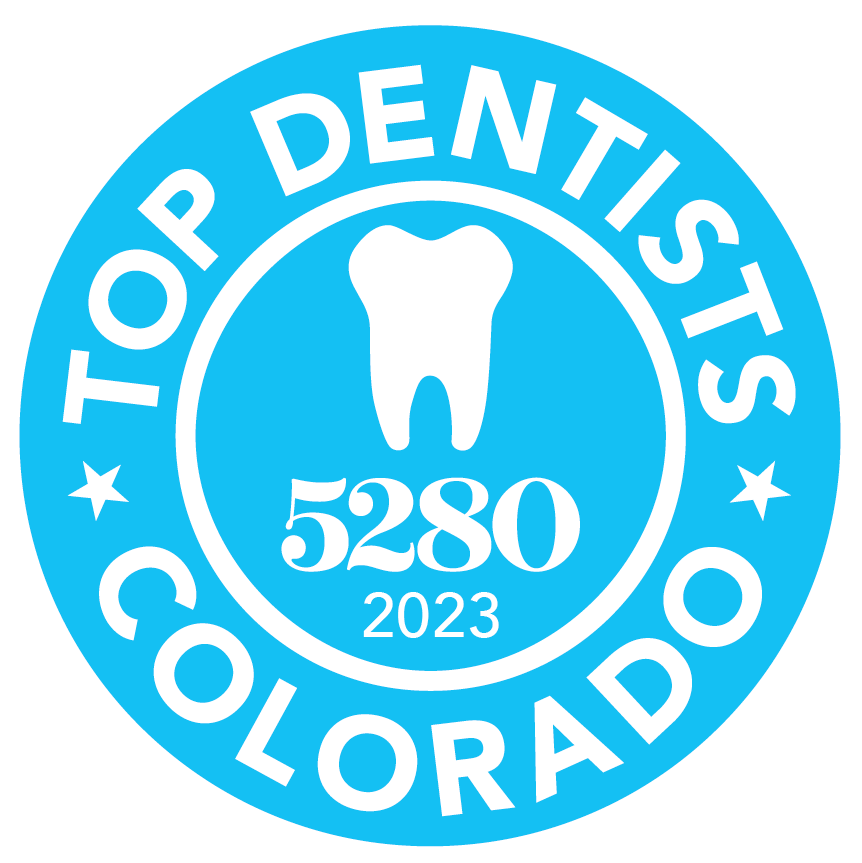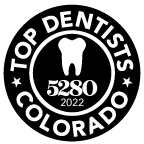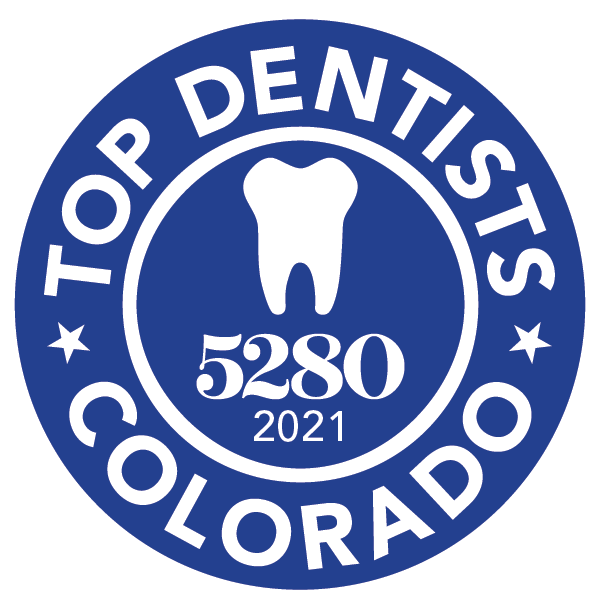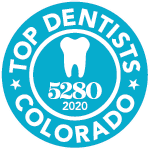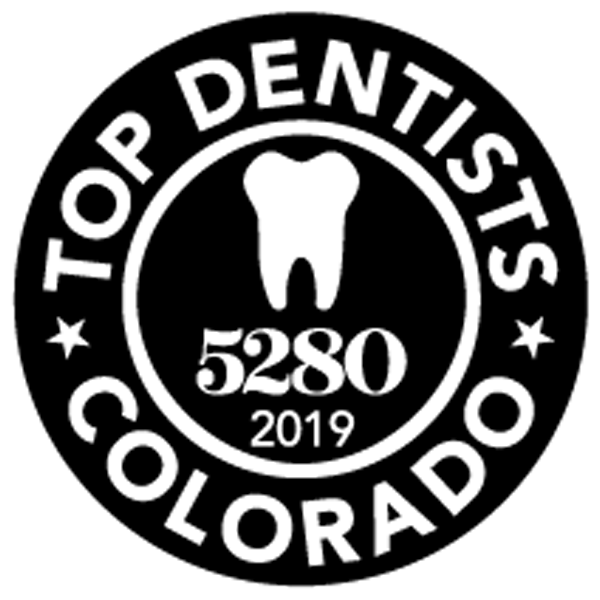If you’re in search of a dental cleaning and a routine oral exam, you’ll probably call your general dentist to schedule an appointment. However, if you have been diagnosed with gum disease or need and extraction or dental implant, it is time to be evaluated by a periodontist.
Difference Between General Dentistry & Periodontics
A periodontist has extended education and experience in the field of periodontics and dental implants. Periodontics is the study of the structures that surround and support the teeth. This includes the gums, bone, and other soft tissues of the mouth. It is important to be seen by a periodontist immediately if your general dentist has told you that you have gum disease. Too frequently, patients will make their way into a periodontist office when it is too late and the teeth cannot be saved. There are a number of treatment options, both surgical and non-surgical, that periodontists can utilize to save your teeth where general dentists cannot. While one of the main problems seen by periodontists is gum disease (called periodontitis), it’s certainly not the only thing that they do. Dr. Jenkins can also diagnose and treat other diseases as well as provide a number of different surgical services to reconstruct the hard and soft tissues of the mouth. This includes the replacement of missing teeth with dental implants.
WHEN TO SEE A GENERAL DENTIST
You should see a general dentist if you are in need of:
- Standard oral X-rays
- A dental checkup
- A dental cleaning
- Dental cavity treatment (fillings)
- Simple Root canals
- Crowns and Bridges
WHEN TO SEE A PERIODONTIST
Periodontal treatment may be sought in several ways. Your general dentist or a hygienist may recommend a consultation with a periodontist if they find signs of periodontal disease through the course of a checkup or other dental care appointment. You may also decide to see a periodontist on your own as a referral is not necessary to be seen at our office.
In fact, if you experience any of these symptoms, we encourage you to schedule an appointment at our office without delay:
- Bleeding while brushing or eating normal foods – Unexplained bleeding while performing regular cleaning or consuming food is the most common sign of a periodontal infection.
- Bad breath – Ongoing halitosis (bad breath), which continues despite rigorous oral cleaning, can point to periodontitis, gingivitis or the beginnings of a gum infection.
- Loose teeth and gum recession – Longer-looking and loose-feeling teeth can indicate recession of the gums and/or bone loss as a result of periodontal disease.
- Related health concerns – Patients with heart disease, diabetes, osteopenia or osteoporosis are often diagnosed with correlating periodontal infections. The bacterial infection can spread through the blood stream, affecting other areas of the body.
The inside of the mouth is normally lined with a special type of skin (mucosa) that is smooth and coral pink in color. Any alteration in this appearance could be a warning sign for a pathological process. The most serious of these is oral cancer. The following are common signs of a pathologic process or cancerous growth:
- Reddish patches (erythroplasia) or whitish patches (leukoplakia) in the mouth.
- A sore that fails to heal, and bleeds easily.
- A lump or thickening on the skin lining the inside of the mouth.
- Chronic sore throat or hoarseness.
- Difficulty chewing or swallowing.
These changes can be detected on the lips, cheeks, palate, and gum tissue around the teeth, tongue, face, and/or neck. Pain does not always occur with pathology and, curiously, is not often associated with oral cancer. However, any patient with facial and/or oral pain without an obvious cause or reason may also be at risk for oral cancer. We recommend performing an oral cancer self-examination monthly.
Remember that your mouth is one of your body’s most important warning systems. Do not ignore suspicious lumps or sores. Please contact us so we may help.
You should visit Littleton Implants & Periodontics if you are in need of:
BONE GRAFTING
- Dental implant placement or implant replacement
- Extractions with bone grafting
- Scaling and rRoot planing (deep cleaning)
- Periodontal surgery
- Dental implants or implant replacement Bone grafting
- Gum grafting
- Sinus augmentation
- Deep pocket cleanings
- Hard tissue recontouring
- Crown lengthening (Aesthetic or functional)
- Gum or oral surgery Frenectomy or fiberotomy
In addition to tooth loss, allowing gum disease to go untreated can cause a number of serious health problems. These can include:
- Worsening of diabetes symptoms
- Heart disease & stroke
- Low birth weight of babies who have mothers with gum disease
- Alzheimer’s disease
- Oral cancer
In the end, the biggest difference between a general dentist and a periodontist is that a periodontist specializes the focus of their studies in the diagnosis of gum disease, the surgical procedures to treat gum disease, the reconstruction of the supporting hard and soft tissue, and the placement of dental implants. Additionally, a periodontist has undergone many years of additional training and experience beyond dental school in a 3 year advanced specialty program recognized by the American Dental Association. Furthermore, Dr. Jenkins is a board-certified periodontist and a Diplomate of the American Board of Periodontology. If you need to visit our office, please don’t hesitate to contact us today. Our dental implant & periodontics office is located in beautiful Littleton, Colorado.
